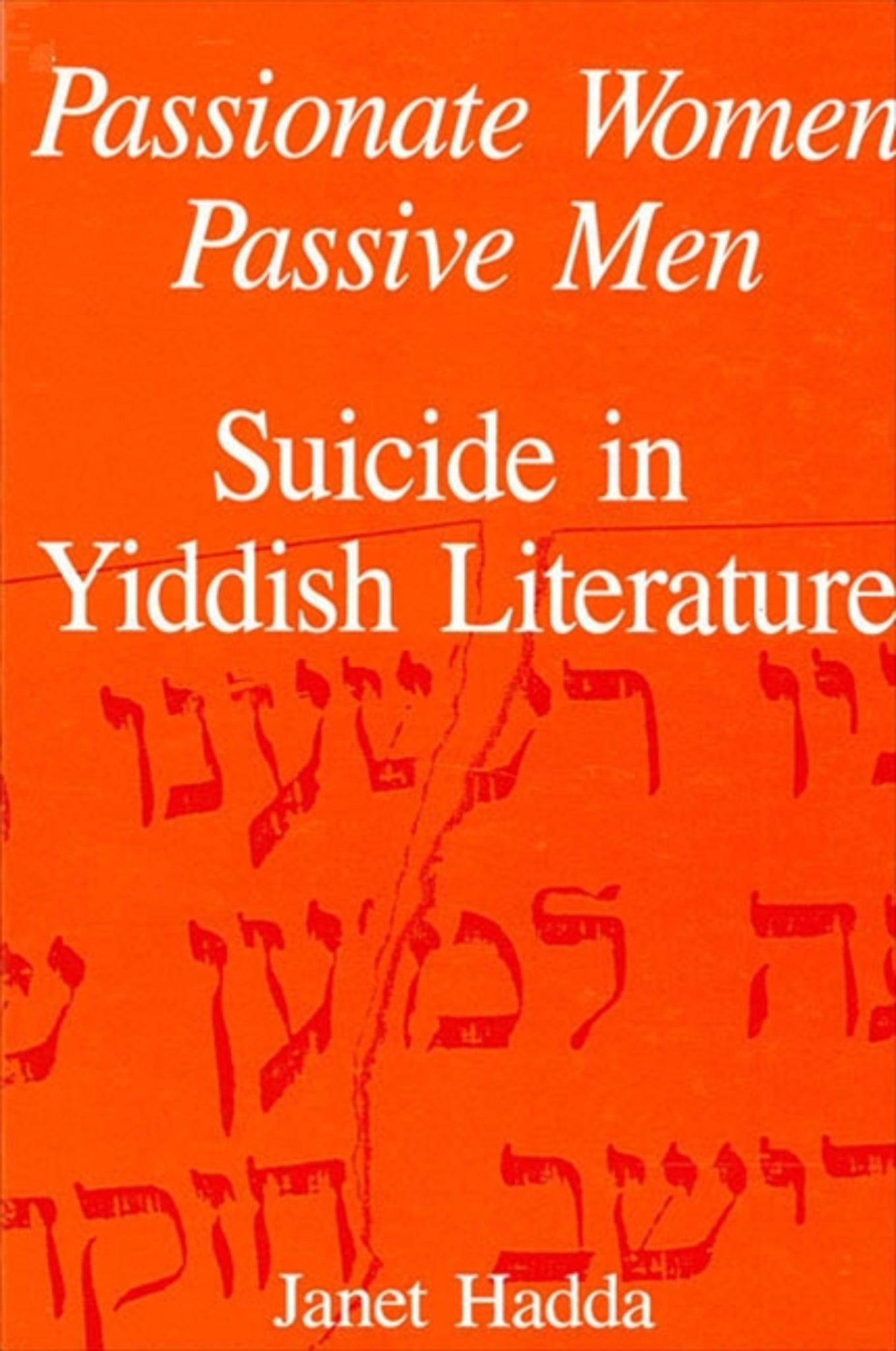We're sorry. An error has occurred
Please cancel or retry.
Passionate Women, Passive Men

Some error occured while loading the Quick View. Please close the Quick View and try reloading the page.
Couldn't load pickup availability
- Format:
-
15 February 1988

Suicide is always a controversial issue. Among Jews, it is often taboo. Stereotypically, Jews do not commit suicide; certainly, they do not discuss it. Passionate Women, Passive Men: Suicide in Yiddish Literature challenges this perception, exploring the problem of suicide through a series of literary case studies. Hadda investigates the lives of these fictional suicides, asking the question: What could be so wrong in a person's life that suicide-although forbidden by the Jewish religion-would seem preferable?
Proceeding from the theoretical standpoint that the psychoanalytic process concerns narratives and their interpretations by an analyst, the author argues that the techniques of psychoanalysis may be fruitfully employed for the study of literature. Through sensitive psychoanalytic attention to narrative nuance, the author reaches surprising conclusions about the function of suicide for the characters she analyzes.


"This is a book that could not have been conceived, never mind written, even a decade ago. It uses central texts from the canon of Yiddish letters, applies a sophisticated psychoanalytic methodology to them, and arrives at a set of questions which will set the course of the criticism of Yiddish letters in a new direction." —Sander L. Gilman, Cornell University
"The author has provided highly original readings of both familiar and virtually unknown Yiddish novels. In suggesting an entirely new framework for these novels, she has presented a controversial and consistently interesting view. In addition to the specific claims she makes for these readings, her approach is an excellent example of the surprises which Yiddish texts can reveal through a broadening of methodology." — Anita Norich, University of Michigan



